Earth
-
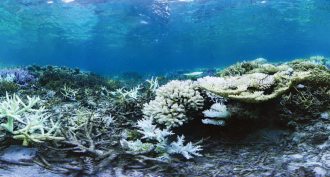 Oceans
OceansCreative ways to help coral reefs recover
Coral reefs are under siege from threats ranging from climate change to explosives. But scientists are developing ways to rebuild reefs before they disappear.
-
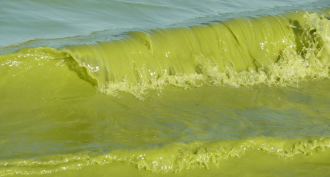 Tech
TechWater sensor quickly detects algal poison
A new sensor can detect poisons from harmful algae within minutes so that drinking-water plants can start timely treatments.
-
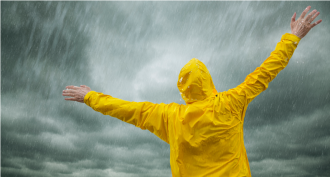 Climate
ClimateCool Jobs: Wet and wild weather
How’s the weather? Forecasts rely on scientists and engineers who collect and interpret data gathered on the ground, in the sky and way up in space.
-
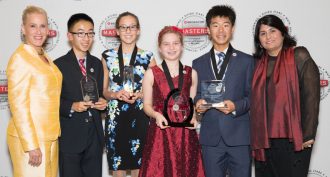 Environment
EnvironmentRocket nozzle research propels teen to big win
A 13-year old won the top prize at this year’s Broadcom MASTERS science competition. She had determined the best shape for a rocket nozzle.
By Sid Perkins -
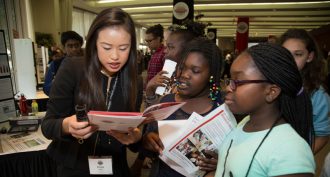 Environment
EnvironmentFattening maggots to create a designer food
Davia Allen wants to reduce food waste by feeding it to fly larvae — which can then serve as food for poultry, fish and people.
-
 Health & Medicine
Health & MedicineHow fossil fuel use threatens kids’ health
A children’s health expert says kids suffer more than any other group from the many impacts of fossil fuel burning.
-
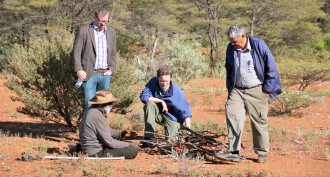 Climate
ClimateGlobe’s non-Africans all descend from a single move out of Africa
Look back far enough and everybody’s ancestors were African no more than 72,000 years ago. Climate scientists would up that date to perhaps 100,000 years ago.
-
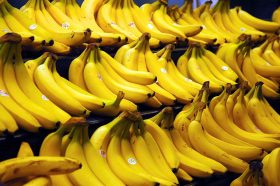 Agriculture
AgricultureBananas under attack: Understanding their foes
Fungal blights threaten the world’s most popular fruit. But genetic studies hint at new ways to combat some of these diseases.
-
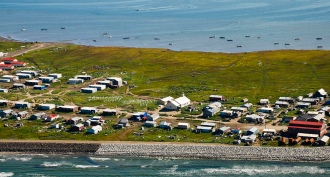 Science & Society
Science & SocietyWarming turns Alaskan villagers into climate migrants
Arctic warming is causing such severe erosion that an Alaskan coastal village has voted to abandon its shrinking island.
-
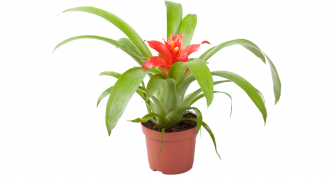 Plants
PlantsHouseplants suck up air pollutants that can sicken people
Certain indoor air pollutants can sicken people. But some houseplants can remove those chemicals from a room’s air, new data show.
-
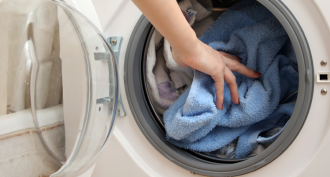 Environment
EnvironmentLaundering clothes may send indoor pollutants outdoors
Clothing absorbs pollutants from indoor air. During washing and drying, the fabric releases those chemicals into the outdoor environment, a new study finds.
-
 Earth
EarthNicotine from smoke enters body through the skin
Scientists have shown for the first time that nicotine from cigarette smoke can enter the body through bare skin from the air or contact with smoky clothes.